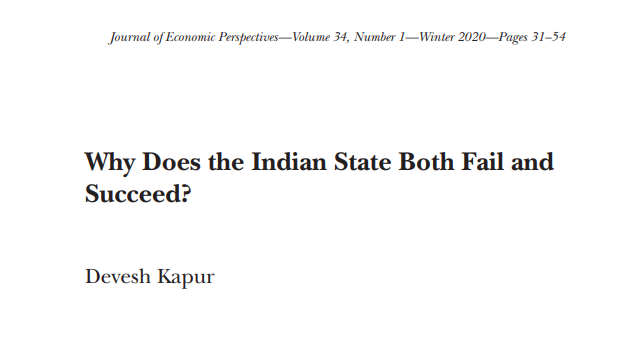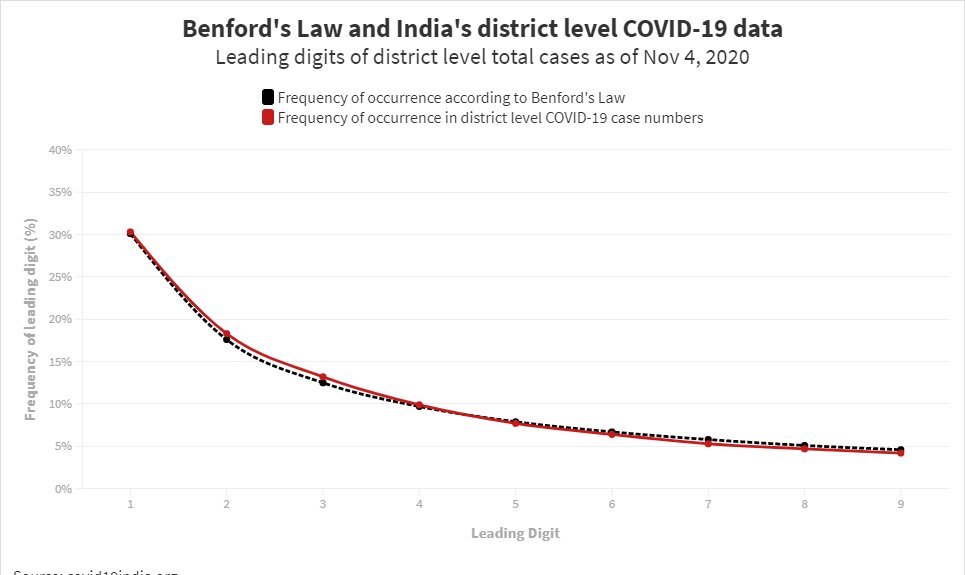
#YearInReview - We shared #ideas for better #cities (1/9)
1 - The future of cities post-pandemic
2 - Resilient dense cities
3 - Managing urban expansion
4 - Better data for policy making
5 - Financial capacity of Mumbai
6 - Costs of congestion in Mumbai
7 - Lessons from Japan
1 - The future of cities post-pandemic
2 - Resilient dense cities
3 - Managing urban expansion
4 - Better data for policy making
5 - Financial capacity of Mumbai
6 - Costs of congestion in Mumbai
7 - Lessons from Japan
1. The future of cities post-pandemic (2/9)
The pandemic poses new challenges for cities. In @BBCTheRealStory, @VaidehiTandel discussed this with Edward Glaeser from @Harvard, Astrid Haas, Policy Director from @The_IGC and @ProfMCarmona from @ucl
bbc.co.uk/programmes/w3c…
The pandemic poses new challenges for cities. In @BBCTheRealStory, @VaidehiTandel discussed this with Edward Glaeser from @Harvard, Astrid Haas, Policy Director from @The_IGC and @ProfMCarmona from @ucl
bbc.co.uk/programmes/w3c…
2. Resilient dense cities (3/9)
@nebuer42 and @VaidehiTandel argued that density is not to be blamed for the spread of #COVIDー19 in our cities, rather, these patterns emerged from multiple factors -@htTweets
hindustantimes.com/analysis/don-t…
@nebuer42 and @VaidehiTandel argued that density is not to be blamed for the spread of #COVIDー19 in our cities, rather, these patterns emerged from multiple factors -@htTweets
hindustantimes.com/analysis/don-t…
3. Managing urban expansion (4/9)
@harshita_a94 @kadambari_shah @hvpachisia @plamsonhall discuss the issue of haphazard urban expansion in #India, which is often the result of archaic regulations of low #FSI, and rigid land use plans. - @UXO_India
idfcinstitute.org/site/assets/fi…
@harshita_a94 @kadambari_shah @hvpachisia @plamsonhall discuss the issue of haphazard urban expansion in #India, which is often the result of archaic regulations of low #FSI, and rigid land use plans. - @UXO_India
idfcinstitute.org/site/assets/fi…
4 - Better data for policy making (5/9)
From economic growth to transportation, @harshita_a94 @kadambari_shah @hvpachisia argued that granular-level and new data sources are necessary to improve the quality of policies in cities. - @htTweets
hindustantimes.com/analysis/the-o…
From economic growth to transportation, @harshita_a94 @kadambari_shah @hvpachisia argued that granular-level and new data sources are necessary to improve the quality of policies in cities. - @htTweets
hindustantimes.com/analysis/the-o…
5- Financial capacity of Mumbai (6/9)
Healthy and wealthy cities matter to drive economic growth. @IsalyneGe and @harshita_a94 wrote on how @mybmc can unlock the Mumbai's land revenue for long-term #investments and upgradation.
idfcinstitute.org/site/assets/fi…
Healthy and wealthy cities matter to drive economic growth. @IsalyneGe and @harshita_a94 wrote on how @mybmc can unlock the Mumbai's land revenue for long-term #investments and upgradation.
idfcinstitute.org/site/assets/fi…
6. Cost of congestion in Mumbai (7/9)
Our team used half a billion @Uber data points to estimate the environmental and economic #cost of road #congestion in the #city.
Use the webtool: urbanflux.org/mumbai_app/
Read the paper: bit.ly/37d0wkL
Our team used half a billion @Uber data points to estimate the environmental and economic #cost of road #congestion in the #city.
Use the webtool: urbanflux.org/mumbai_app/
Read the paper: bit.ly/37d0wkL

7. Lessons from Japan (8/9)
In @scroll_in, @harshita_a94 @kadambari_shah wrote a piece on their learnings from #Japan's urban principles that need to be improved in #India too.
scroll.in/article/970894…
In @scroll_in, @harshita_a94 @kadambari_shah wrote a piece on their learnings from #Japan's urban principles that need to be improved in #India too.
scroll.in/article/970894…
Explore more about our team's work on cities, browse through our website (9/9)
idfcinstitute.org/projects/
CC: @pritika13 @VaidehiTandel @harshita_a94 @kadambari_shah @hvpachisia @plamsonhall @IsalyneGe @Rajesvari7 @NYUMarron @LSECities @NITIAayog @IGC_CtW @WRIRossCities @CityLab
idfcinstitute.org/projects/
CC: @pritika13 @VaidehiTandel @harshita_a94 @kadambari_shah @hvpachisia @plamsonhall @IsalyneGe @Rajesvari7 @NYUMarron @LSECities @NITIAayog @IGC_CtW @WRIRossCities @CityLab

• • •
Missing some Tweet in this thread? You can try to
force a refresh






